Cheaper
Are Hybrid Vehicles Cheaper to Insure in 2025?
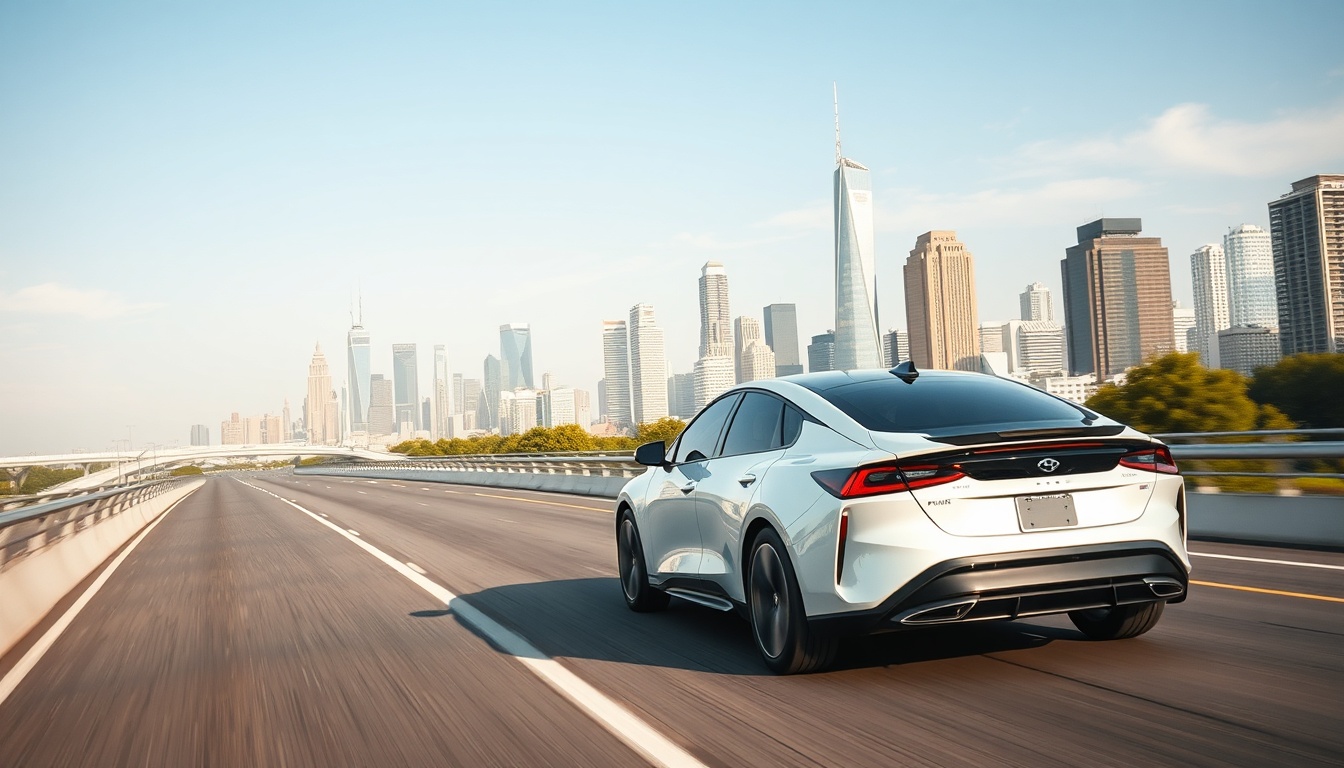
Introduction
Hybrid vehicles have gained massive popularity in the United States as eco-conscious drivers seek better fuel efficiency without fully switching to electric cars. But one common question remains: Are hybrid vehicles cheaper to insure in 2025?
The answer is not as simple as a yes or no—insurance premiums for hybrids often depend on multiple factors, including repair costs, safety ratings, driver history, and state regulations. In this guide, we’ll break down everything you need to know about hybrid insurance in 2025, including cost comparisons, influencing factors, and practical tips to save money.
Why Hybrid Cars Are Popular in 2025
The U.S. auto market has seen a shift towards cleaner transportation. According to the U.S. Department of Energy, sales of hybrid and plug-in hybrid vehicles grew by over 30% in 2024, and this upward trend continues in 2025.
Key reasons Americans are choosing hybrids:
- Fuel savings compared to traditional gas cars.
- Tax credits and state incentives.
- Lower emissions for eco-conscious consumers.
- Better resale value in an EV-focused market.
But while fuel and maintenance savings are clear, insurance premiums can be a mixed bag.
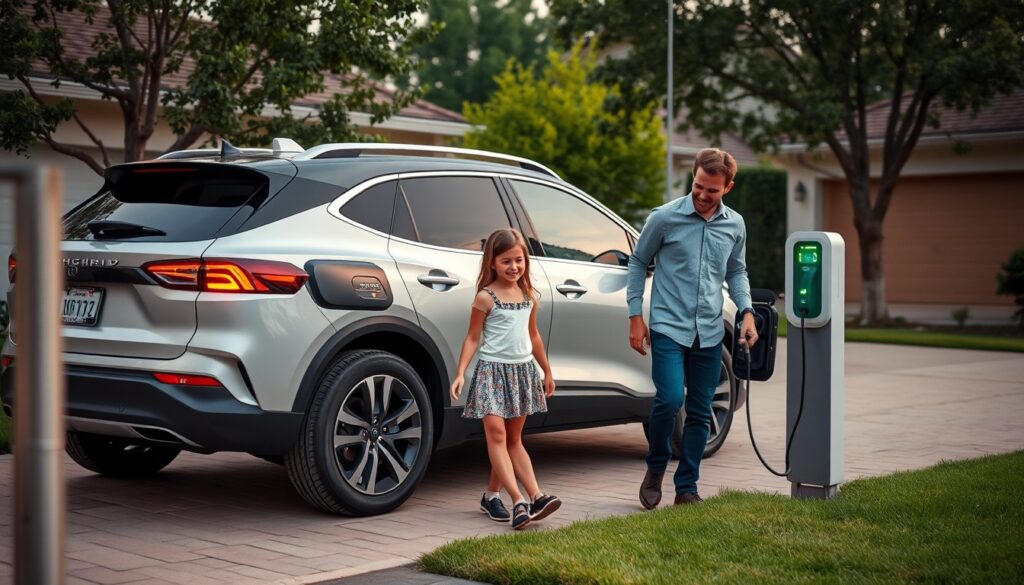
Are Hybrid Vehicles Cheaper to Insure in 2025?
On average, hybrid insurance costs slightly more than conventional gas vehicles in 2025. Here’s why:
- Higher Repair Costs – Hybrid cars often have advanced technology and dual powertrains, making repairs more expensive.
- Battery Replacement Risks – Insurance companies factor in the high cost of hybrid batteries.
- Specialized Mechanics – Fewer repair shops can handle hybrids, driving up labor costs.
- Safety Ratings – Many hybrids have excellent crash-test ratings, which help lower premiums.
- Driver Profiles – Insurance companies often associate hybrid drivers with safer driving behavior, which can reduce premiums.
📊 Cost Comparison (2025 Average Annual Premiums in the USA):
- Gasoline Sedan: $1,620
- Hybrid Sedan: $1,750
- Plug-in Hybrid: $1,800
- Full EV: $1,940
👉 While hybrids are not always cheaper to insure, they are generally less expensive than EVs but slightly more than gas vehicles.
Factors That Affect Hybrid Insurance Rates
1. Vehicle Make and Model
A Toyota Prius may have lower insurance costs than a luxury hybrid SUV like a Lexus RX Hybrid.
2. Repair & Parts Costs
Advanced hybrid systems cost more to fix after accidents, influencing premiums.
3. Driver Location
Insurance varies by state. For example, California and New York often have higher premiums than states like Idaho or Iowa.
4. Safety Features
Modern hybrids come with lane assist, adaptive cruise control, and collision warnings that reduce accidents, helping bring rates down.
5. Usage & Mileage
Since hybrids are popular for daily commuting, insurers may charge differently compared to cars used occasionally.
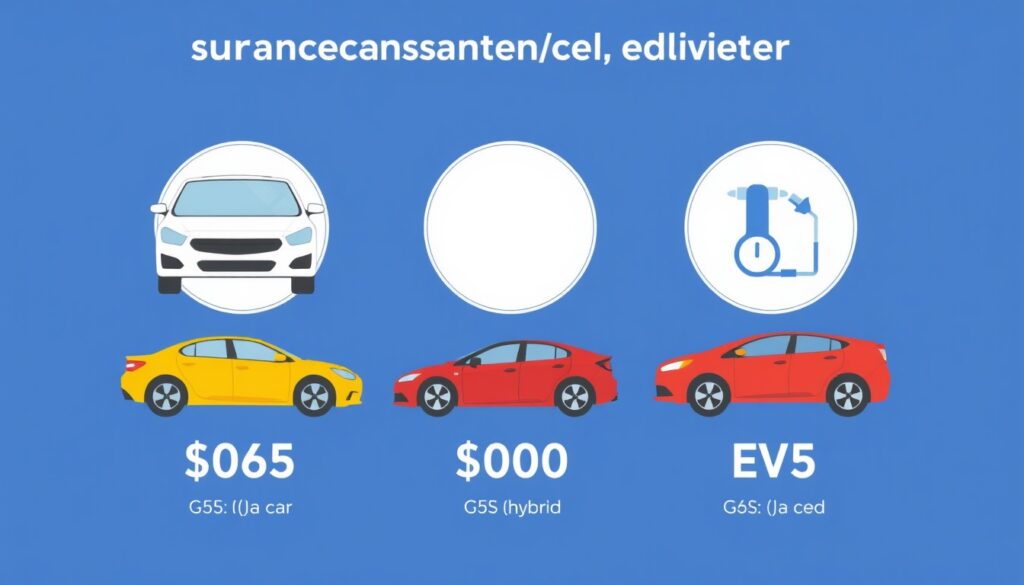
How to Save on Hybrid Insurance in 2025
Even if hybrid premiums are slightly higher, you can still lower your costs by:
- Bundling Policies – Combine auto and home insurance.
- Safe Driver Discounts – Telematics programs reward low-risk drivers.
- Choosing a Higher Deductible – Lowers monthly premiums.
- Shopping Around – Always compare quotes from at least 3 insurers.
- Leverage Green Discounts – Some companies offer special discounts for eco-friendly vehicles.
💡 Pro Tip: Check providers like Progressive, State Farm, and GEICO for green vehicle discounts.
Best Auto Insurance Companies for Hybrids in 2025
- Progressive – Offers usage-based discounts for safe drivers.
- State Farm – Affordable hybrid coverage with bundling options.
- GEICO – Known for competitive pricing on eco-friendly vehicles.
- Allstate – Great for hybrid SUVs with extended coverage options.
👉 You can also check out our detailed guide: Best Auto Insurance Companies for Electric Vehicles in 2025 .

Hybrid Insurance vs. EV Insurance
- Hybrids → Slightly higher than gas vehicles but lower than EVs.
- EVs → More expensive due to battery replacement costs and specialized repairs.
- Gas Cars → Cheapest upfront but higher fuel and maintenance expenses.
So, while hybrid insurance isn’t always the lowest, the overall ownership cost can still be cheaper in the long run when you factor in fuel savings and tax incentives.
Future Outlook: Will Hybrid Insurance Get Cheaper?
Industry experts predict that as hybrids become mainstream, repair costs will drop and insurance rates will stabilize. By 2027, hybrids may actually become cheaper to insure than gas vehicles as insurers adjust risk profiles and repair networks expand.
Conclusion
So, are hybrid vehicles cheaper to insure in 2025?
👉 Not exactly. Hybrids generally cost slightly more to insure than gas cars, but they are cheaper than EVs.
However, when you consider fuel savings, tax incentives, and eco-friendly benefits, hybrids can still be a smart financial and environmental choice for U.S. drivers.
Before buying, always compare hybrid insurance quotes and explore discounts that can make your coverage more affordable.
Internal & External Links
Internal Links:
- Best Auto Insurance Companies for Electric Vehicles in 2025
- Why EV Insurance Is More Expensive (And How to Save)
External Links:
-

 Auto Insurance6 months ago
Auto Insurance6 months agoBest Auto Insurance Companies for Electric Vehicles in 2025
-

 Car Insurance6 months ago
Car Insurance6 months agoComparing Online vs Agent-Based Car Insurance: Pros & Cons
-
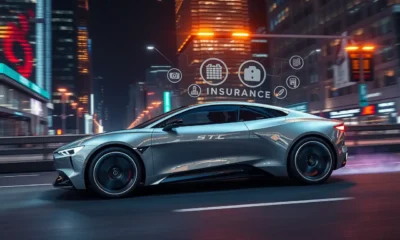
 Business6 months ago
Business6 months agoSubscription-Based Auto Insurance: Flexible Coverage for 2025
-
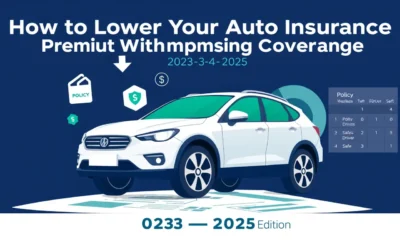
 Insurance7 months ago
Insurance7 months agoHow to Lower Your Auto Insurance Premium Without Compromising Coverage (2023–2025 Edition)
-

 Insurance8 months ago
Insurance8 months agoBest Auto Insurance for Low-Mileage Drivers: A 2023–2025 Guide
-
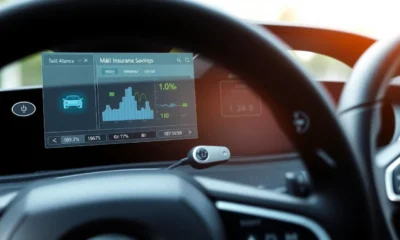
 Insurance6 months ago
Insurance6 months agoHow Telematics Devices Affect Your Insurance Premium
-
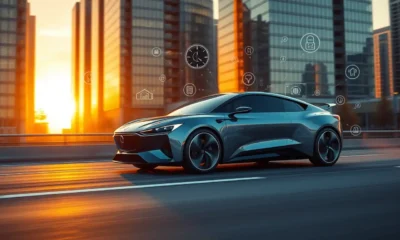
 Car Insurance6 months ago
Car Insurance6 months agoSmart Cars and Smart Policies: How Auto Insurance is Getting Smarter
-
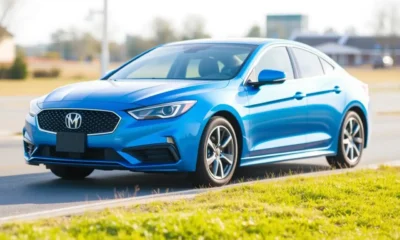
 Insurance7 months ago
Insurance7 months agoTelematics and Pay-Per-Mile Insurance: Are You Paying Too Much?


